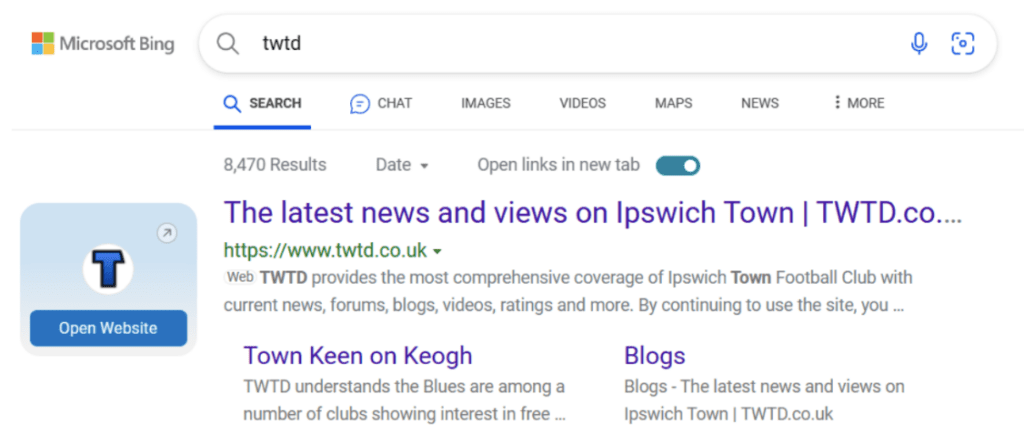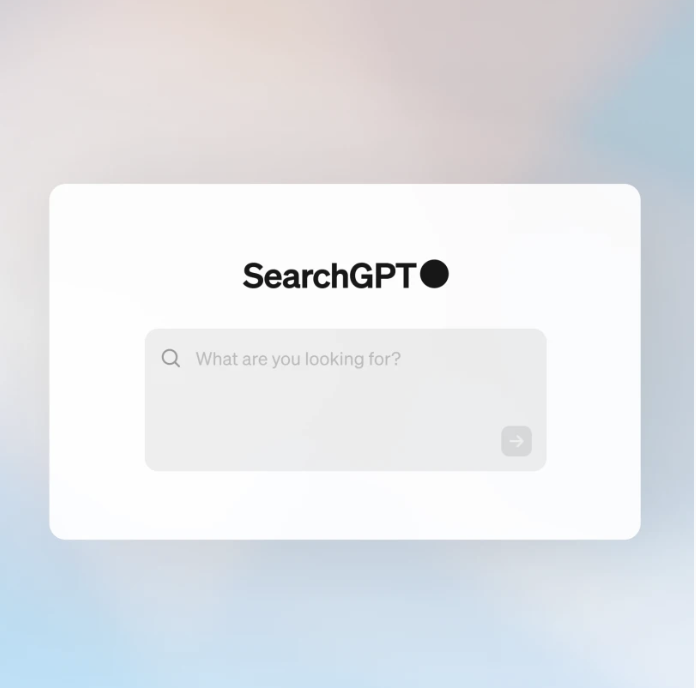The Search Revolution: How AI is changing search results and how we can prepare for the future


It only takes a quick load of your LinkedIn feed for there to be a blog or post about ChatGPT or AI to be plastered across your eye line and here is another one.
The search revolution is upon us, and artificial intelligence (AI) is at the forefront of this change. As technology advances at an unimaginable pace, AI is only going to become more prominent in the years to come. Experts predict that “human-like” AI will come into play by 2029.
As we explore the possibilities of AI, we can’t help but wonder how it will impact search engine result pages and how the general public will embrace this. Taking this into account, it’s important to consider what we can do today to ensure the longevity of technical SEO, site content, and advertising amidst the ever-evolving digital landscape.
Let’s start with the battle of AI
Microsoft made the first move, announcing investment into Open AI in January, rushing Google into clapping back with a lackluster BARD sales pitch that consequently hurt their stock price. Soon after that, at the end of February ChatGPT was already integrated into the search results page on Bing & Baidu also revealed that Ernie Bot is China’s answer to ChatGPT.

Conversational
As human search behaviour evolves, particularly with the use of voice assistants such as smartphones, Alexa and Google Assistant – AI is becoming increasingly adept at understanding complex natural language queries. Optimising content and technical SEO aspects of a website to be tailored to long-tail keywords, question keywords, and natural language is the best way to adapt for this
For example, instead of traditional searches like ‘10 best beach holidays in Europe’, our searches turn into more conversational queries such as ‘where should I go on a beach holiday this year that is less than a 3-hour flight from the UK?’, with subsequent questions asked such as ‘what is the temperature during late June in Majorca?’ and ‘what are the top rated travel companies that provide holidays to Majorca?’
At Climbing Trees, we focus our content generation for our clients around the ‘People Also Asked’ (PAA) results on Google. Our SEO Copywriter Sash Gauchan believes that this methodology is here to stay, with a chatbot of the future potentially having prompts in the chat that act in a similar way to PAA. Keeping up with the current trend in optimising towards PAA keywords is essential for marketers to remain competitive in the SERP landscape as AI continues to evolve.
Personalisation
When speculating about how ads will look in the chatbots of the future, we imagine that ad platforms will effectively provide accurate personalised, and relevant ads. This is because AI is constantly evolving and learning from the data it receives. This happens from both the data it sources to answer your queries and the data you provide about yourself, your thought process, and topics of interest.
This enables AI to provide highly personalised content and ads with messaging that resonate with you. This would mean higher click-through rates and conversion rates for advertisers.
By approaching the new formats available for search ads with an open mind and testing them to understand what improves performance. It will be easier to keep up and have consistent performance in your paid search campaigns.
While we haven’t seen any paid results yet Will Bravin PPC Account Manager notes ‘Bing has said they may include paid links within the AI content, however, we have to be cautious of brand safety while AI evolves if they do this.
We don’t think we will see a complete AI chatbot take over any time soon with Richard Harvey Technical PPC commenting ‘we won’t see it fully integrated into the SERP until search engines have worked out how to monetise it / incorporate ads.’
While it is impossible to predict exactly how things will evolve, it is clear that advertisers who are able to embrace new technologies and adapt to changing market conditions will be the most successful in the years to come.
Maximising This Year’s Digital Trends
Wednesday 29th March at 1:00pm GMT
Join our host Frankie Brookton, as she opens up discussions with Climbing Tree’s Performance Lead, Jodie Brookton. This lively Q&A webinar is sure to be an information-packed session exploring the trends and predictions for digital advertising in 2023, as well as sharing tips and tricks to help you stay flexible and build your roadmap to digital success.


